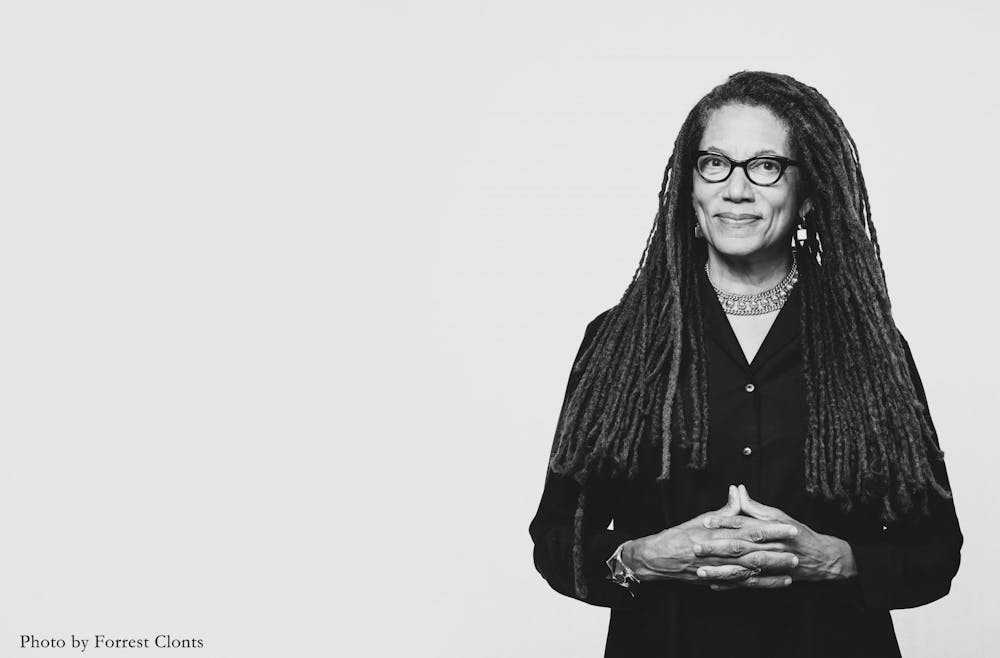The human heart, monarch butterflies and everyday people — these are just a few of the inspirations for poet Nikky Finney, the 2020 Frank B. Hanes Writer-in-Residence.
Finney is the author of multiple poetry collections and the recipient of the 2011 National Book Award for Poetry. Finney will be visiting campus from Feb. 23 to Feb. 28 to share her experiences with students.
UNC has had a Writer-in-Residence Program, for two decades. Previous writers have included Annie Dillard, Alice Walker and Tim O’Brien. Susan Irons, the director of the program, said the writer is chosen by the creative writing faculty in hopes of bringing an important and timely voice to engage with students on campus.
“Finney is not only an amazing poet and National Book Award winner, but she has become almost a cultural icon with the kind of work she does relating public history to private memory," Irons said. "Especially with the African American experience in the South."
Finney’s visit will include two panel discussions and a reading. On Feb. 24 at 3:30 p.m., Finney will discuss the relationship between sports and arts with UNC women’s basketball coach Courtney Banghart and player Liz Roberts. The panel will be in Greenlaw 223 and will be moderated by Alan Shapiro, a poet and UNC professor. Finney herself was a college athlete, who still stays active and plays with her nephew.
Finney said she loved both basketball and writing, and resented that others wanted her to choose between them.
"It seems like this world always makes you choose," Finney said. "And so I loved both and still do both. They feed each other."
On Feb. 25 at 7:30 p.m., Finney will be reading a selection from her new book, "Love Child's Hotbed of Occasional Poetry: Poems and Artifacts" in the Genome Sciences Auditorium. Finney said the book is a collection of photographs, poetry, prose and love-letters from her father to her.
Finney’s father was the Chief Justice of the South Carolina Supreme Court, and the first Black person appointed to the South Carolina Supreme Court since the Reconstruction era. Finney said the book is an eulogy to her dad, who always wanted her to go to law school but still supported her poetry.



